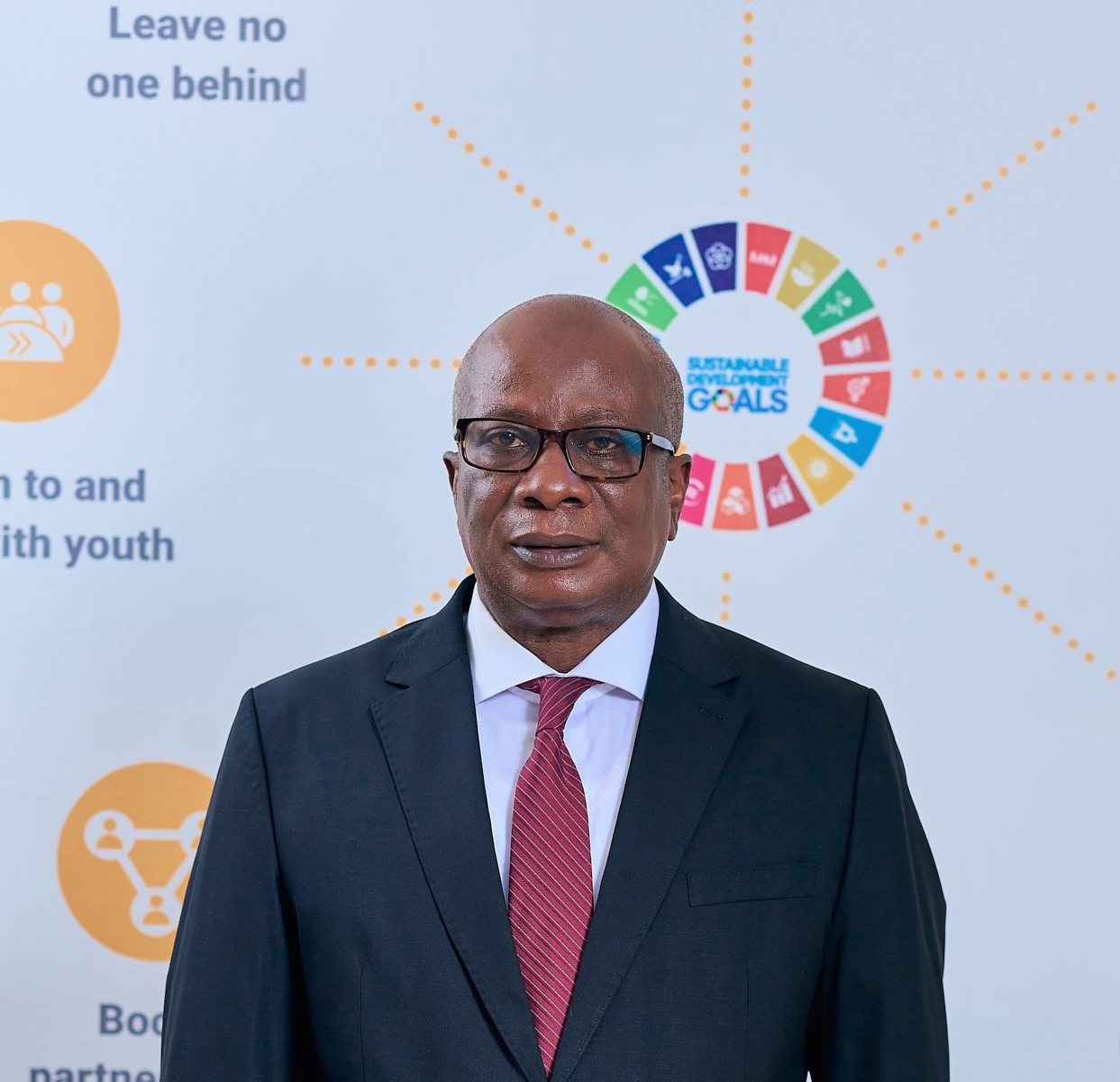|
Getting your Trinity Audio player ready…
|
Mainstreaming a human rights-based approach to disability, in combination with targeted measures, will make the concerns and experiences of persons with disabilities an integral dimension of the design, implementation, monitoring, and evaluation of policies and programmes in all political, economic, and societal spheres, the United Nations has said.
The United Nations Resident and Humanitarian Coordinator, Mr. Edward Kallon revealed this today at the 2022 National Disability Exposition at Rudhaka Stadium in Marondera, Mashonaland East Province.
The exposition is running under the theme: ‘Building a Disability Inclusive Society: Leaving no Place and No one behind.’
Mr. Kallon said the theme is truly a befitting message for all stakeholders in that it resonates with the central promise that the United Nations Member States made in 2015 when they adopted the 2030 Agenda for Sustainable Development – ‘to leave no one behind and to reach those furthest behind first.’
“Human rights, peace and security, and sustainable development for all can be enjoyed only if persons with disabilities in all their diversity are included in society on an equal basis with others and as both agents of change and beneficiaries.
“Mainstreaming a human rights-based approach to disability, in combination with targeted measures, will make the concerns and experiences of persons with disabilities an integral dimension of the design, implementation, monitoring, and evaluation of policies and programmes in all political, economic, and societal spheres,” Mr. Kallon said.
The United Nations in Zimbabwe remains committed to partnering with Government to advance the national development agenda in line with the National Vision of 2030 and the National Development Strategy 1 (NDS 1). The UN and Government also work very closely to implement the Zimbabwe UN Sustainable Development Cooperation Framework (UNSDCF-2022-2026). The Cooperation Framework outlines the key areas of cooperation in the next four years.
Mr. Kallon revealed that disability rights remain a priority within the UN Cooperation Framework with the Government of Zimbabwe.
He said the work of the United Nations on disability inclusion is shaped by the UN Convention on the Rights of Persons with Disabilities (CRPD). The Convention’s principles and provisions mandate the Member States to protect, promote and fulfill the human rights of persons with disabilities. This is to ensure inclusion, accessibility, and meaningful engagement of persons with disabilities including women, children, indigenous people as well as other vulnerable groups.
The senior UN official commended the Government of Zimbabwe for continued efforts towards domestication and implementation of the UN Convention on the Rights of Persons with Disabilities and reiterated the UN’s commitment to working closely with the Government to embed the rights of persons with disabilities and build trust and confidence among persons with disabilities to ensure that they are valued, and their dignity and rights are respected and participate on an equal basis with others.
He congratulated the Government of Zimbabwe for adopting the National Disability Policy that was launched on the 9th of June 2021 by His Excellency, the President of the Republic of Zimbabwe, Dr. E.D. Mnangagwa.
The UN Family has joined forces with Government to roll out the implementation of the policy. Impressively, the Government also launched the National Technical Coordination Committee which will lead the implementation, monitoring, and evaluation of the Policy. This new mechanism is a clear sign of commitment by the Government to translate policy into action.
“As the UN we are ready to support prioritized actions through our programmes such as the Spotlight Initiative, and the United Nations Partnership on the Rights of Persons with Disabilities (UNPRPD) Programme.
“Zimbabwe has made tremendous progress in a number of areas to advance the rights of Persons with Disabilities. This includes strong legal and policy reforms. I was elated to learn of the provisions for the elections of Persons with Disabilities as Senators. This is a good practice that should be replicated for other elective and representative positions at all levels. Other key milestones include enhanced capacities of stakeholders, especially Organizations of Persons with Disabilities. The government and other partners have also invested a lot in strong advocacy and awareness raising for disability rights. Such commendable milestones must be preserved,” Mr. Kallon added.
The life-transforming initiatives on disability inclusion in Zimbabwe are a sign of a positive trajectory for the achievement of the Agenda 2030, the SDGs targets, and the UN Convention on the rights of Persons with Disabilities.
The United Nations system reaffirms that the full and complete realization of the human rights of all persons with disabilities is an inalienable, integral, and indivisible part of all human rights and fundamental freedoms. This is consistent with the principles enshrined in the Charter of the United Nations, the Universal Declaration of Human Rights, and other international human rights instruments, in particular the Convention on the Rights of Persons with Disabilities; the International Covenant on Economic, Social and Cultural Rights; the International Covenant on Civil and Political Rights; the Convention on the Rights of the Child; the Convention on the Elimination of All Forms of Discrimination against Women; and the International Convention on the Elimination of All Forms of Racial Discrimination, as well as applicable International Labour Organization conventions.
The above commitments are essential for the advancement of development, human rights, and peace and security, and the UN remains a strong partner towards their realization.
